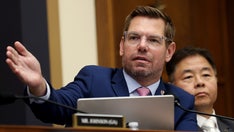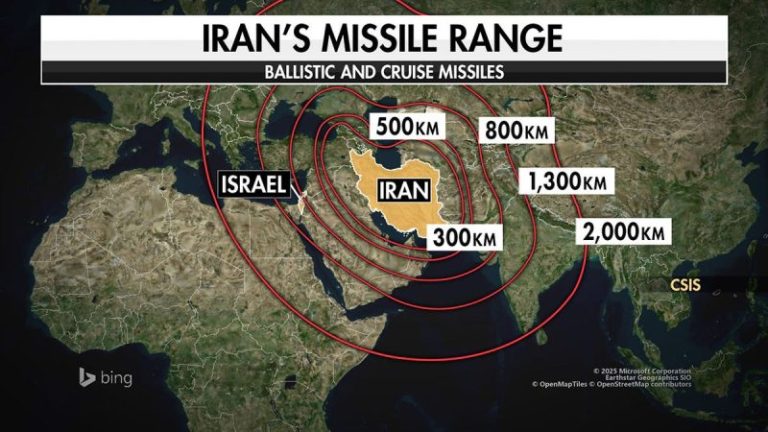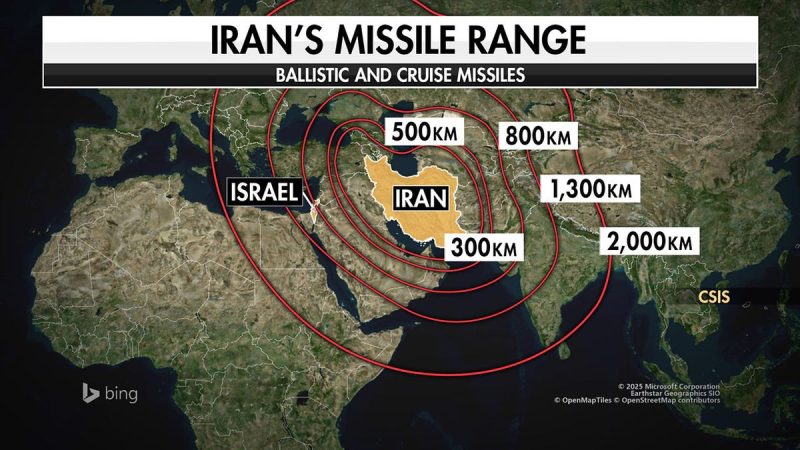(TheNewswire)
Toronto, Ontario TheNewswire – February 27, 2026 Juggernaut Exploration Ltd. (TSX-V: JUGR) (OTCPK: JUGRF) (FSE:4JE) (the ‘Company’ or ‘Juggernaut’) is pleased to announce that it has entered into an agreement with Stifel Canada (the ‘Underwriter’) to act as sole bookrunner and underwriter in connection with a ‘bought deal’ private placement offering by the Company of 3,906,250 units of the Company (the ‘Units’) at an issue price of
$2.56 per Unit (the ‘Offering Price‘), for aggregate gross proceeds of $10,000,000 (the ‘Offering‘). Each Unit will be comprised of one common share (a ‘FT Share‘), and one-half of one common share purchase warrant (each whole warrant, a ‘Warrant‘). Each Warrant shall entitle the holder thereof to purchase one common share in the capital of the Company at an exercise price of $2.08, for a period of 24 months following the Closing Date (as defined below). The FT Shares and Warrants are intended to qualify as ‘flow-through shares’ as defined in subsection 66(15) of the Income Tax Act (Canada) (the ‘Tax Act‘).
The Company has granted the Underwriter an option to sell such number of additional Units as is equal to 15% of the number of Units sold under the Offering at the Issue Price (the ‘Underwriter’s Option‘). The Underwriter’s Option will be exercisable, in whole or in part, at any time up until 48 hours prior to the closing date of the Offering (the ‘Closing Date‘).
The Offering is expected to close on or about March 19, 2026, and is subject to certain conditions including the receipt of all necessary approvals such as the approval of the TSX Venture Exchange (the ‘Exchange‘).
The gross proceeds from the Units will be used to incur exploration expenses that qualify as ‘Canadian exploration expenses’ as defined in subsection 66.1(6) of the Tax Act, ‘flow-through critical mineral mining expenditures’ as defined in subsection 127(9) of the Tax Act for purposes of the mineral exploration tax credit, and for individual subscribers of Units that are resident in British Columbia, ‘BC flow-through mining expenditures’ as defined in subsection 4.721(1) of the Income Tax Act (British Columbia) (the ‘Qualifying Expenditures‘) on the Company’s flagship Big One Gold Project, located in British Columbia, Canada. Such expenses will be incurred on or before December 31, 2027, and renounced to the subscribers with an effective date no later than December 31, 2026.
In connection with the Offering, certain purchasers of Units intend to subsequently (i) donate some or all of such Units to registered charities, who may sell such Units to purchasers arranged by the Underwriter, and/or (ii) sell some or all of such Units to purchasers arranged by the Underwriter, in each case on the Closing Date (such Units described in (i) and (ii), being the ‘Re-Offer Units‘). Sales of Re-Offer Units may be made to purchasers located in (i) each of the provinces of Canada, other than Quebec, pursuant to the Listed Issuer Financing Exemption (as defined below), (ii) the United States pursuant to available exemptions from the registration requirements of applicable United States securities laws, and (iii) such other jurisdictions provided it is understood that no prospectus filing or comparable obligation, ongoing reporting requirement or requisite regulatory or governmental approval arises in such other jurisdictions
Subject to compliance with applicable regulatory requirements and in accordance with National Instrument 45-106 – Prospectus Exemptions (‘NI 45-106‘), the Units will be offered for sale to purchasers resident in Canada
and/or other qualifying jurisdictions pursuant to the listed issuer financing exemption under Part 5A of NI 45-106 (the ‘Listed Issuer Financing Exemption‘). As the Offering is being completed pursuant to the Listed Issuer Financing Exemption, the securities underlying the Units issued pursuant to the Offering will not be subject to a hold period pursuant to applicable Canadian securities laws. There is an offering document related to the Offering that can be accessed under the Company’s issuer profile on SEDAR+ at www.sedarplus.ca and on the Company’s website at juggernautexploration.com. Prospective investors should read the offering document before making an investment decision.
In consideration for the services provided to the Company in connection with the Offering, the Underwriter will be entitled to receive a cash commission equal to 6.0% of the gross proceeds raised under the Offering (the ‘Cash Commission‘) and such number of broker warrants (‘Broker Warrants‘) as is equal to 6.0% of the number of Units sold under the Offering (including the Underwriter’s Option). Each Broker Warrant will entitle the holder thereof to acquire one common share of the Company at a price of C$1.81 for a period of 24 months following the closing date of the Offering. For the avoidance of doubt, the Cash Commission will be paid from the Company’s cash on hand and not from the gross proceeds received by the Company under the Offering.
This news release does not constitute an offer to sell or a solicitation of an offer to buy nor shall there be any sale of any of the securities in any jurisdiction in which such offer, solicitation or sale would be unlawful, including any of the securities in the United States. The securities described herein have not been, and will not be, registered under the United States Securities Act of 1933, as amended (the ‘1933 Act‘) or any state securities laws and may not be offered or sold within the United States or to, or for account or benefit of, U.S. Persons (as defined in Regulation S under the 1933 Act) unless registered under the 1933 Act and applicable state securities laws, or an exemption from such registration requirements is available.
Juggernaut Attending The PDAC
To learn more about Juggernaut’s exciting new Big One discovery, we would like to cordially invite you to visit us at the PDAC, where our entire technical team will be in attendance at booth # 3232, Investors Exchange South Building, Sunday, March 1st, until Wednesday, March 4th, adjacent to our sister company, Goliath Resources. The PDAC is held at the Metro Toronto Convention Centre at 255 Front Street West, Toronto.
PDAC provides a unique venue at the world’s premier mining convention for Juggernaut to showcase its exciting new discovery at the Big One Property located in the Golden Triangle of B.C. The latest discoveries from around the world are featured along with maps, charts, and technical information.
About Juggernaut Exploration Ltd.
Juggernaut Exploration Ltd. is an explorer of precious metals projects in the prolific Golden Triangle of northwestern British Columbia. Its projects are located in globally recognized geological settings and in geopolitically stable jurisdictions, making them amenable to mining in Canada. Juggernaut is a member and active supporter of CASERM, a collaborative venture between the Colorado School of Mines and Virginia Tech. Juggernaut’s key strategic cornerstone shareholder is Crescat Capital.
For more information, please contact:
Juggernaut Exploration Ltd.
Dan Stuart
Chief Executive Director, Director Tel: +(604) 559-8028
www.juggernautexploration.com
This press release contains statements that constitute ‘forward-looking information’ (‘forward-looking information‘) within the meaning of the applicable Canadian securities legislation. All statements, other than statements of historical fact, are forward-looking information and are based on expectations, estimates and projections as at the date of this news release. Any statement that discusses predictions, expectations, beliefs, plans, projections, objectives, assumptions, future events or performance (often but not always using phrases such as ‘expects’, or ‘does not expect’, ‘is expected’, ‘anticipates’ or ‘does not anticipate’, ‘plans’, ‘budget’, ‘scheduled’, ‘forecasts’, ‘estimates’, ‘believes’ or ‘intends’ or variations of such words and phrases or stating that certain actions, events or results ‘may’ or ‘could’, ‘would’, ‘might’ or ‘will’ be taken to occur or be achieved) are not statements of historical fact and may be forward-looking information. Forward-looking statements in this news release include statements regarding the Offering (including the completion of the Offering on the terms and timeline as announced or at all, the tax treatment of the securities comprising the Units, the timing to incur and renounce all Qualifying Expenditures in favour of the subscribers, and the use of proceeds of the Offering), and the Company’s ability to obtain all regulatory approvals, including the approval of the Exchange. In disclosing the forward-looking information contained in this press release, the Company has made certain assumptions. Although the Company believes that the expectations reflected in such forward-looking information are reasonable, it can give no assurance that the expectations of any forward-looking information will prove to be correct. Known and unknown risks, uncertainties, and other factors which may cause the actual results and future events to differ materially from those expressed or implied by such forward-looking information. Such factors include but are not limited to: compliance with extensive government regulations; domestic and foreign laws and regulations adversely affecting the Company’s business and results of operations; and general business, economic, competitive, political and social uncertainties. Accordingly, readers should not place undue reliance on the forward-looking information contained in this press release. Except as required by law, the Company disclaims any intention and assumes no obligation to update or revise any forward-looking information to reflect actual results, whether as a result of new information, future events, changes in assumptions, changes in factors affecting such forward-looking information or otherwise.
Neither the TSX Venture Exchange nor its Regulation Services Provider (as that term is defined in the policies of the TSX Venture Exchange) accepts responsibility for the adequacy or accuracy of this release.
THIS NEWS RELEASE IS INTENDED FOR DISTRIBUTION IN CANADA ONLY AND IS NOT FOR DISTRIBUTION TO UNITED STATES NEWSWIRE SERVICES OR DISSEMINATION IN THE UNITED STATES
Copyright (c) 2026 TheNewswire – All rights reserved.

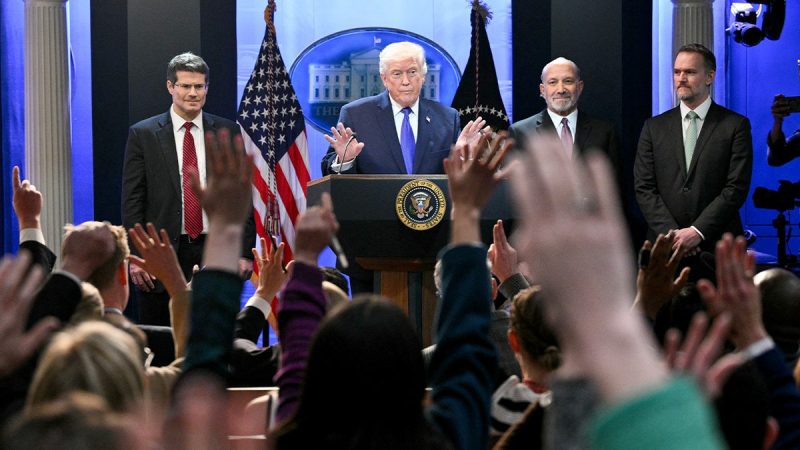

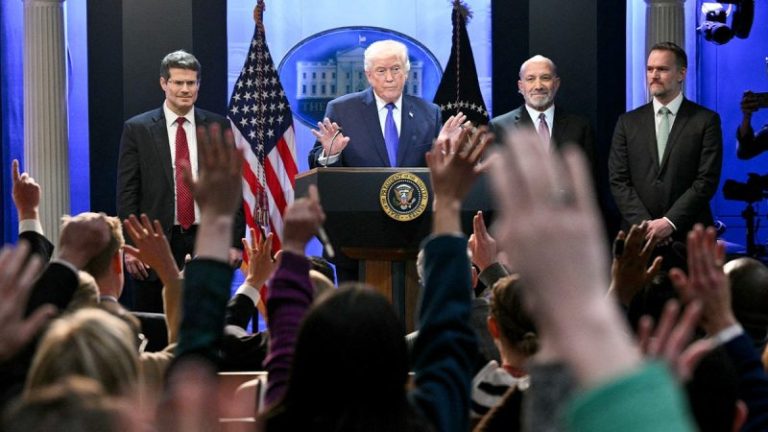
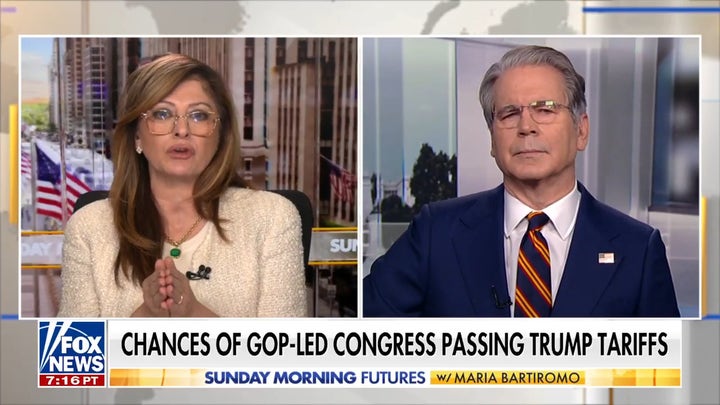
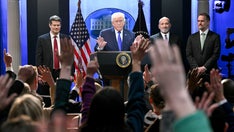
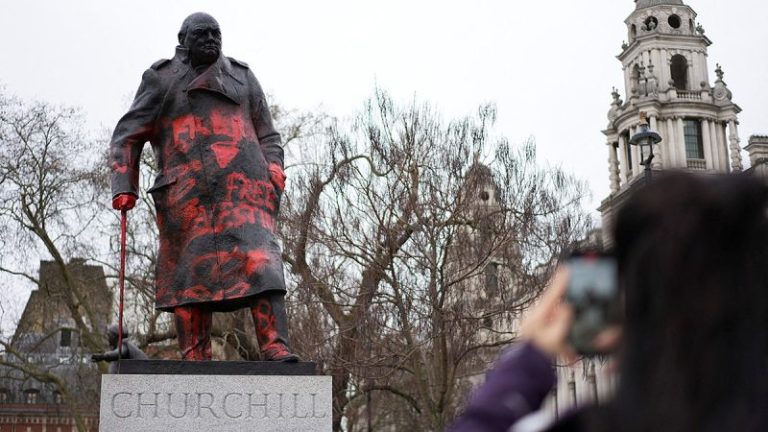
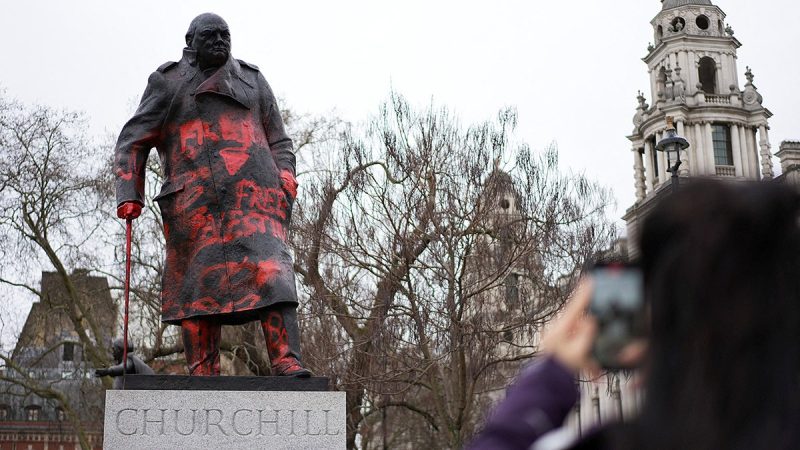



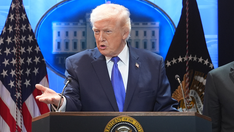























 Basic Market and Pink Limited
Basic Market and Pink Limited



